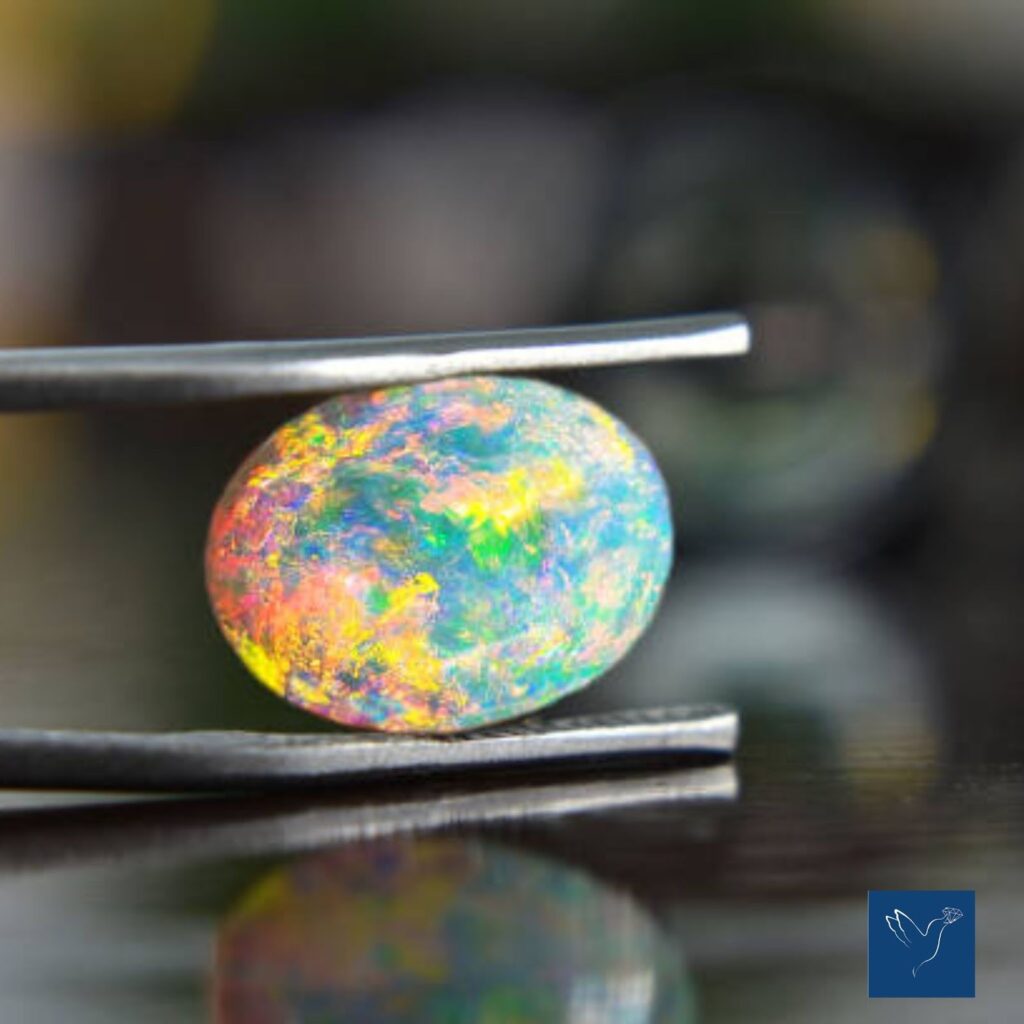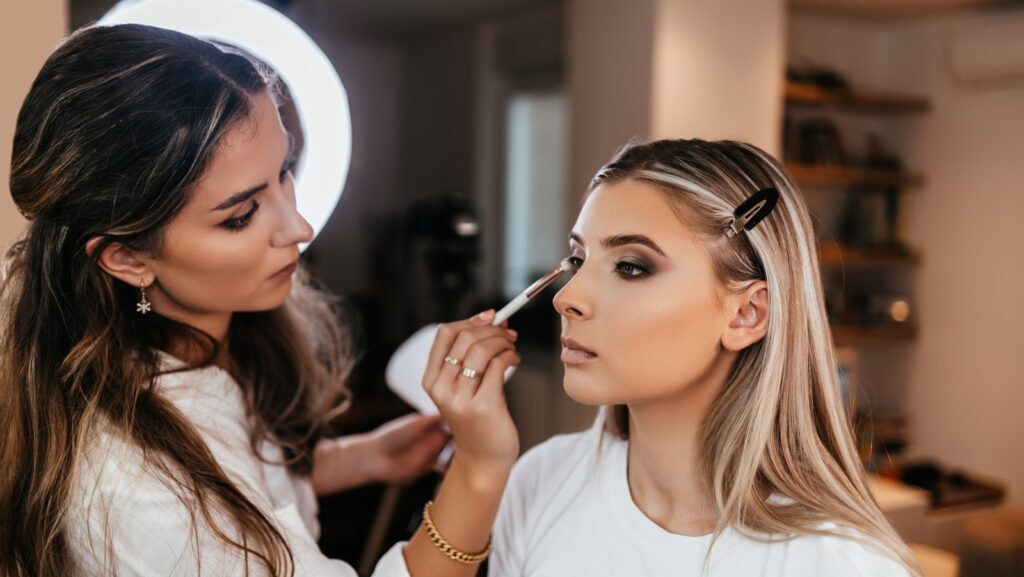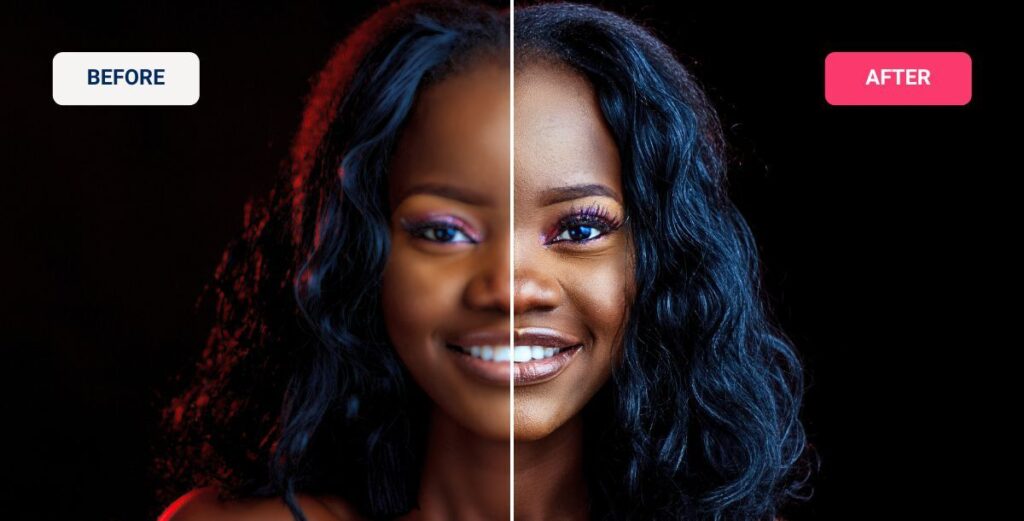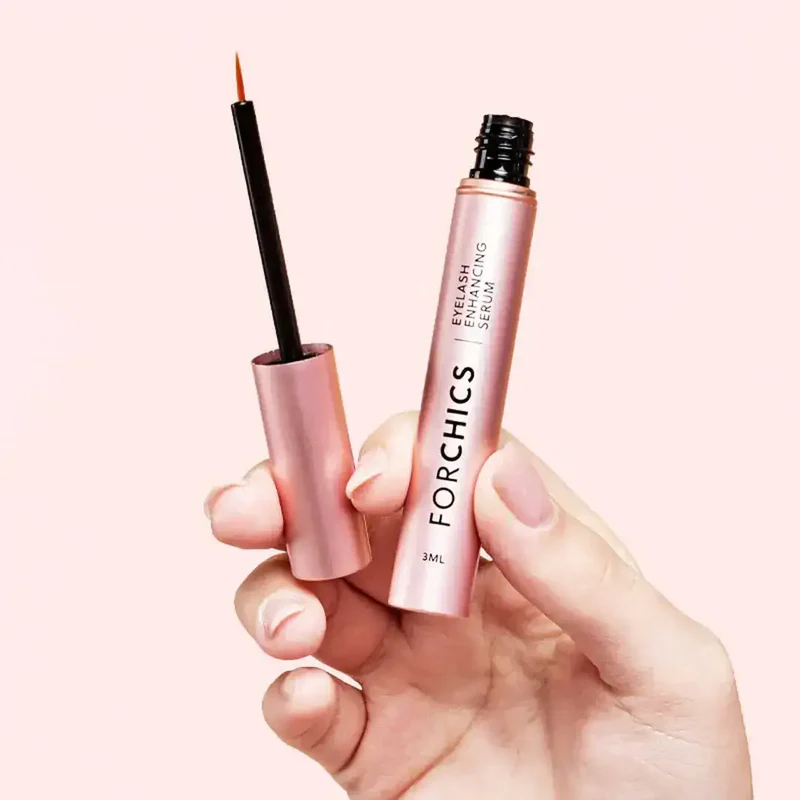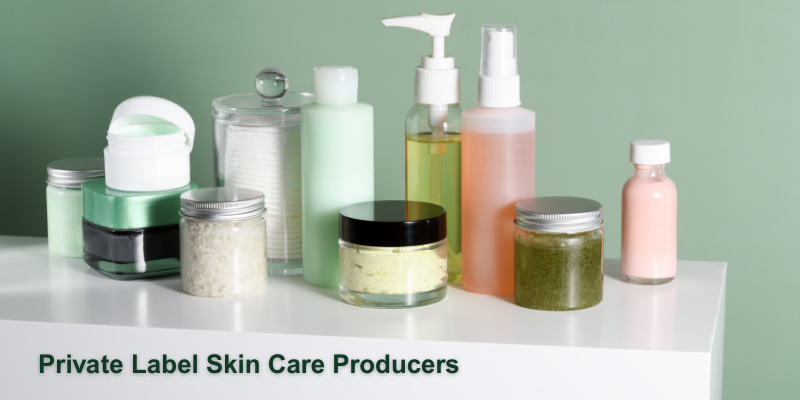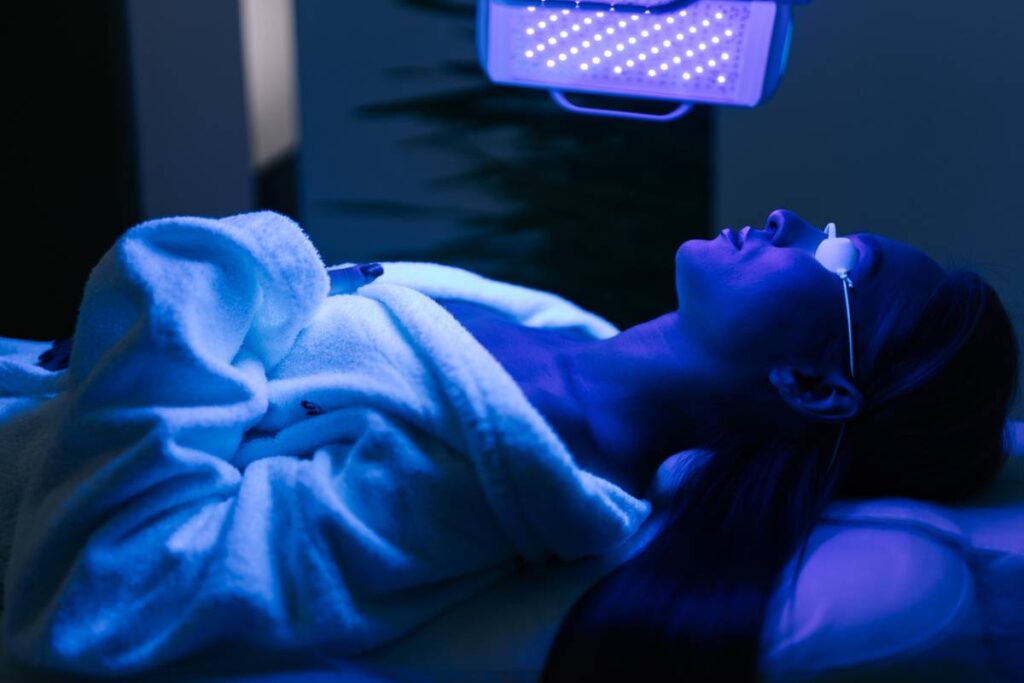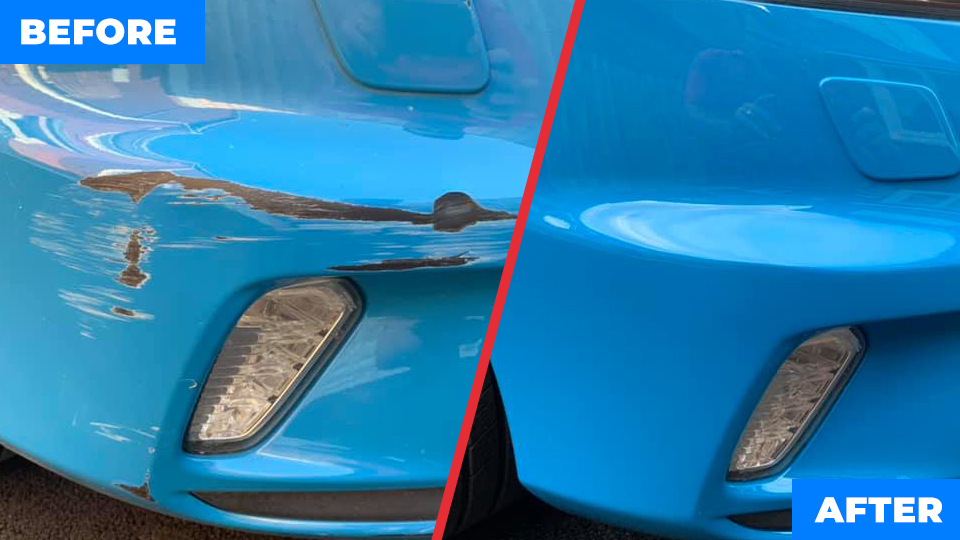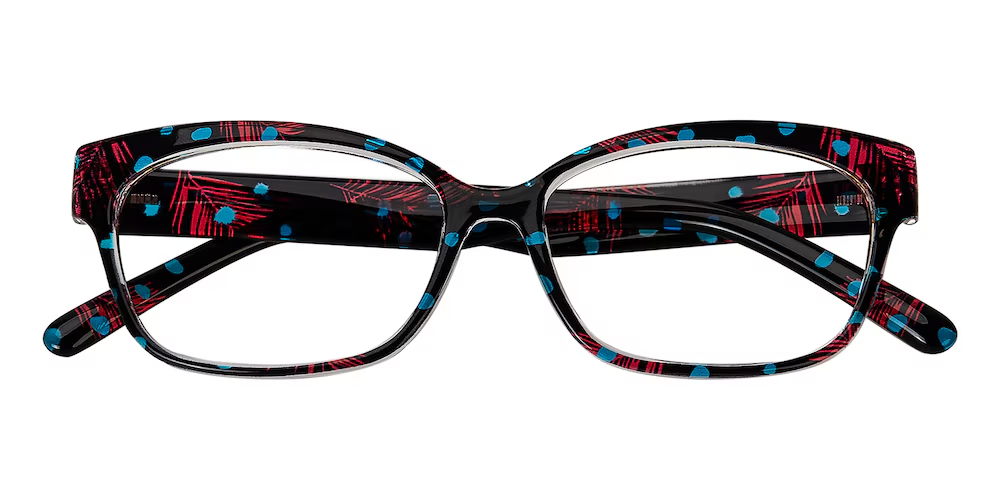How to Find the Most Effective Vitamin C Serum
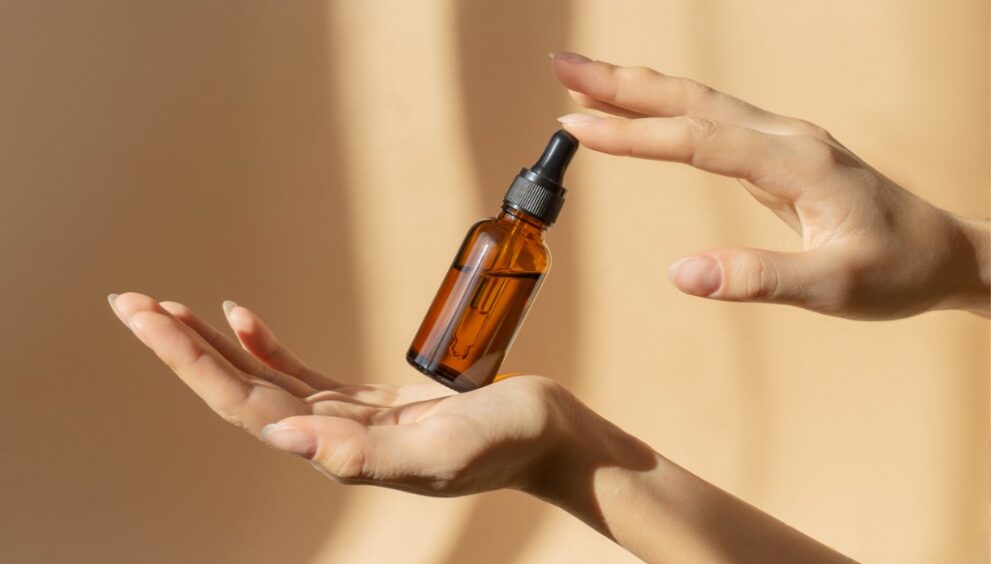
When it comes to skincare, few ingredients generate as much buzz as vitamin C. Known for its powerful antioxidant properties, it’s the secret weapon in achieving radiant, youthful, and healthy skin. Selecting the right best rated vitamin c serum, however, can be daunting. With countless options in the market, how do you identify the most effective one for your needs?
This guide will walk you through what makes a vitamin C serum effective and how to choose the best one, ensuring your skincare routine is as effective as possible.
Why Vitamin C Is Crucial for Your Skin
Vitamin C is one of the most researched and recommended ingredients for improving skin health. Here’s why it’s such a game-changer:
Boosts Collagen Production
Vitamin C plays an essential role in encouraging collagen synthesis, a process that helps keep your skin firm and elastic. Collagen naturally diminishes with age, and vitamin C helps slow that process, reducing signs of wrinkles and fine lines.
Fights Free Radicals
Free radicals—unstable molecules from pollution, UV rays, and other environmental aggressors—can wreak havoc on your skin. Vitamin C neutralizes these molecules, protecting your skin from damage and slowing premature aging.
Evens Skin Tone
If you’re battling dark spots, hyperpigmentation, or acne scars, vitamin C can help. It inhibits melanin production, leading to brighter, more even-toned skin.
Smooths and Hydrates
Many vitamin C serums are paired with hydrating agents, helping improve skin’s texture and moisture levels.
By consistently using a high-quality vitamin C serum, you’ll likely notice a visible glow, diminished discoloration, and firmer skin over time. But how do you make sure you’re picking the right serum?
Key Factors for Choosing the Most Effective Vitamin C Serum
Not all vitamin C serums are created equal. For best results, you need to consider some critical factors when choosing one.
1. The Right Form of Vitamin C
The ingredient list is the first place to start. Vitamin C in serums typically exists in different forms, some of which are more effective than others. The most common forms include:
L-Ascorbic Acid (LAA):
Known as the purest form of vitamin C, LAA offers the most potent results. Look for this if you’re after maximum efficacy, especially in tackling signs of aging or discoloration. However, it can be unstable when exposed to air and light. Choose products packaged in air-tight and UV-protective containers.
Magnesium Ascorbyl Phosphate (MAP):
This is a water-soluble and more stable version of vitamin C. It’s a gentler option and is ideal for sensitive skin, often focused on hydration and soothing properties.
Sodium Ascorbyl Phosphate (SAP):
This form is milder and works well for acne-prone or oily skin. It’s slightly less potent than LAA but provides a good balance between stability and efficacy.
2. Concentration Matters
The effectiveness of a vitamin C serum largely depends on its concentration level. Here’s what to know about concentrations:
Concentrations between 10% and 20% are typically ideal. These levels provide visible results without overwhelming the skin.
Individuals new to vitamin C or those with sensitive skin may want to start with a lower concentration (around 5% to 10%) to allow the skin to adapt over time.
Higher concentrations don’t always translate to better outcomes and can occasionally irritate the skin.
3. Add-On Ingredients for Maximum Benefits
Effective vitamin C serums often combine complementary ingredients to amplify their benefits. Look for serums that also include:
Vitamin E: Its synergistic effect with vitamin C amplifies antioxidant protection.
Ferulic Acid: Stabilizes vitamin C and enhances its effectiveness.
Hyaluronic Acid: Boosts hydration, improving skin plumpness and texture.
Niacinamide: Reduces redness and strengthens the skin barrier, offering added anti-aging benefits.
The combination of these ingredients can amplify results, giving you radiant skin quicker while minimizing potential side effects.
4. Packaging Is Key
Vitamin C serums are notoriously unstable and degrade when exposed to light, air, and heat. This reduces their effectiveness over time. Here’s what to look for in terms of packaging:
A dark or opaque bottle prevents UV exposure.
Air-tight pumps or droppers help reduce oxidation caused by air exposure.
Avoid clear jars or open containers to retain the serum’s potency.
5. Check for Skin Compatibility
Every individual’s skin type has unique needs, so it’s important to find a serum compatible with yours:
Oily or Acne-Prone Skin: Opt for lightweight, non-comedogenic serums free of heavy oils.
Sensitive Skin: Look for products with lower concentrations of vitamin C or milder forms like SAP or MAP.
Dry Skin: Choose vitamin C serums that include hydrating ingredients such as hyaluronic acid.
Always perform a patch test before fully incorporating any product into your routine.
6. Price vs. Quality
Vitamin C serum prices can range from affordable to high-end luxury. While cost doesn’t always dictate quality, investments in well-formulated serums often yield better results. When in doubt, evaluate the formulation and stability of the product rather than opting for the cheapest option available.
Benefits of Using an Effective Vitamin C Serum
When you find the right vitamin C serum for your skin, the rewards can be exceptional. Here’s why it’s worth integrating into your daily routine:
Glowing Skin: The serum works to reduce dullness, leaving you with a radiant complexion.
Younger Appearance: Regular use promotes collagen production, helping skin look firm and youthful.
Sun Protection (Indirect): While it’s not a substitute for sunscreen, vitamin C provides an added layer of defense against free radicals caused by UV rays.
Reduced Pigmentation: It gradually fades dark spots and evens out skin tone, creating a smooth appearance.
Consistent Texture: Hydrating elements in many serums lead to softer, more hydrated skin.
How to Use Vitamin C Serum Correctly
To maximize the effectiveness of your serum, follow these simple steps:
Cleanse your face thoroughly to remove dirt, oil, and makeup.
Apply a few drops of the serum to your face and neck, gently massaging it in. Avoid rubbing too hard.
Wait a minute or two for the serum to absorb before applying your moisturizer.
Apply sunscreen during the day to safeguard your skin against UV damage.
For optimal results, pair vitamin C serum with your morning skincare routine. Using sunscreen alongside vitamin C creates a dynamic duo of sun protection and repair.




